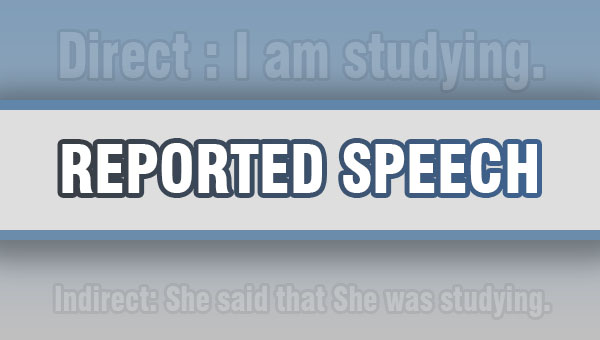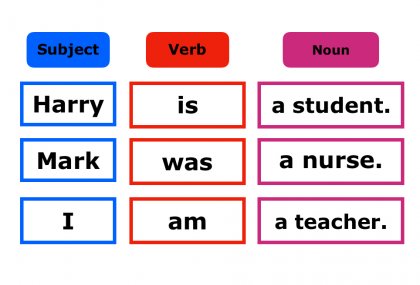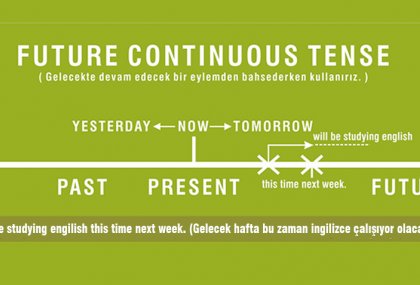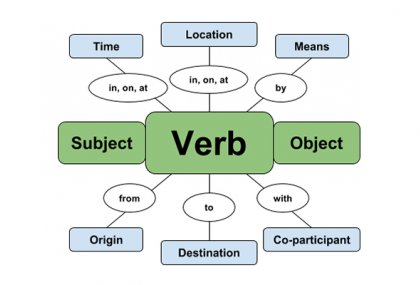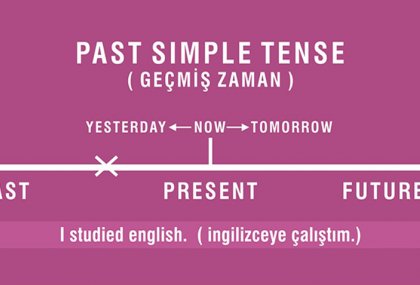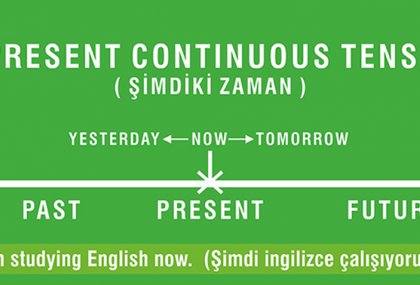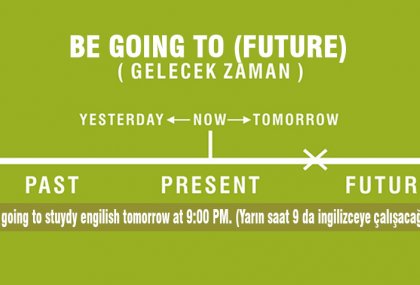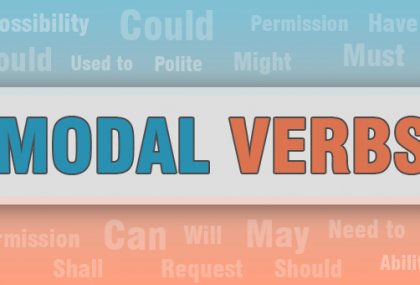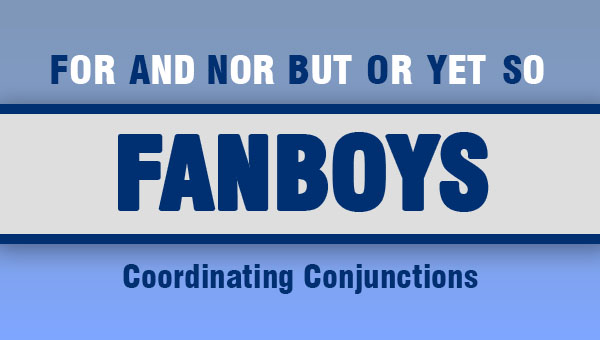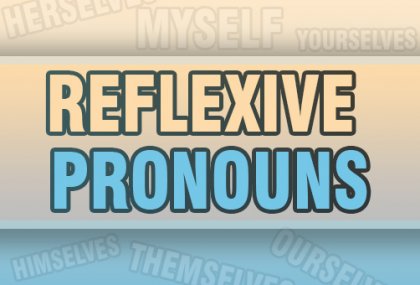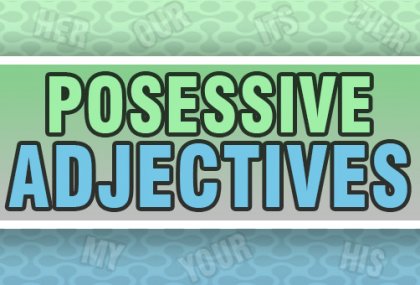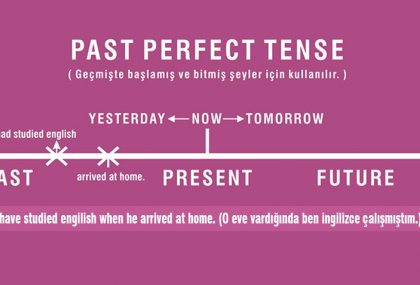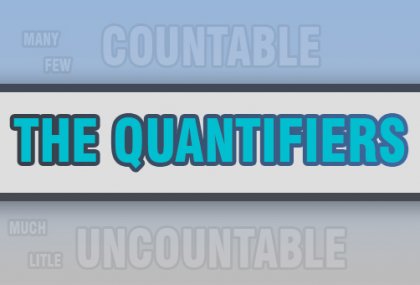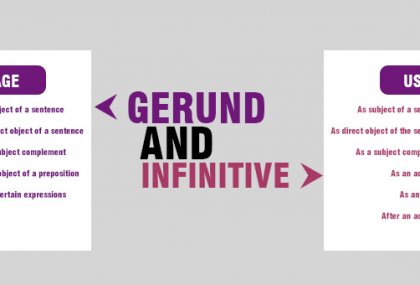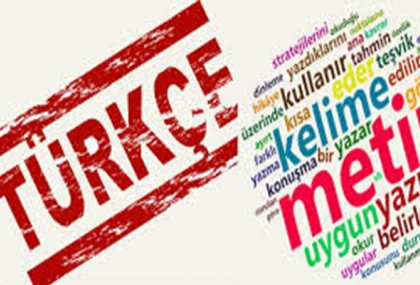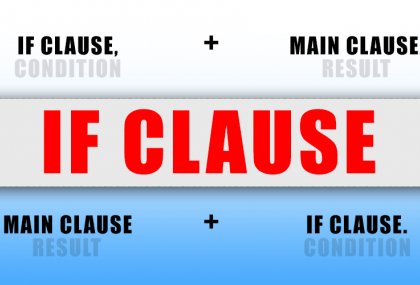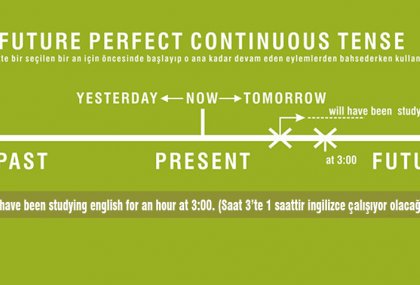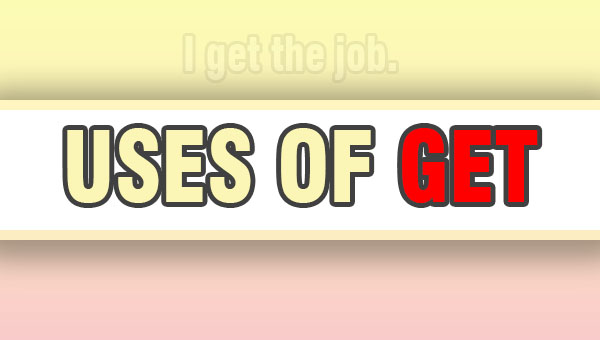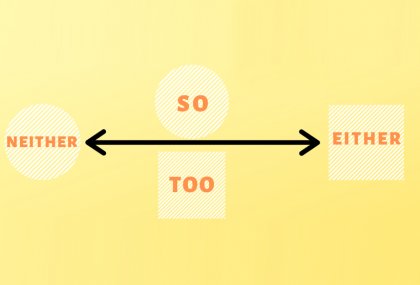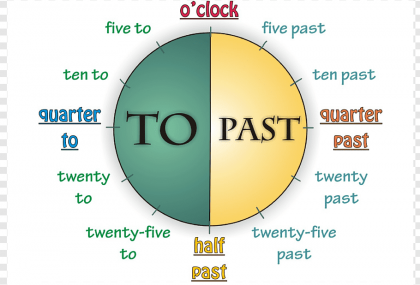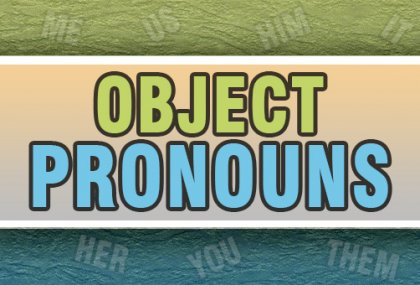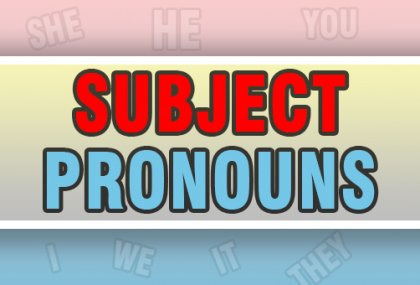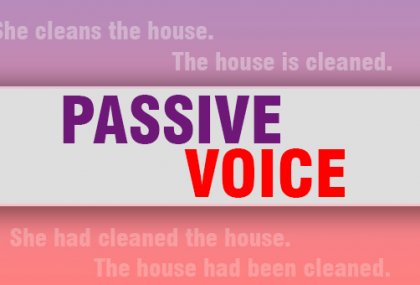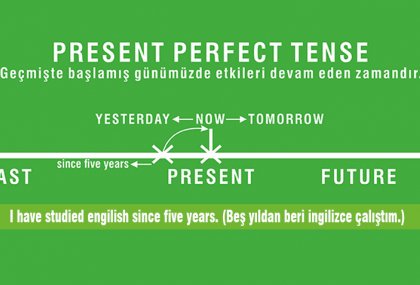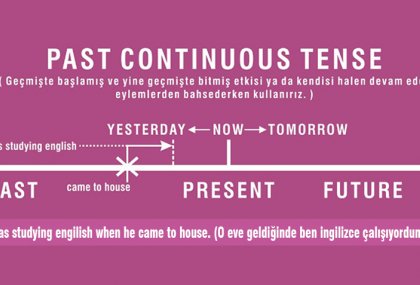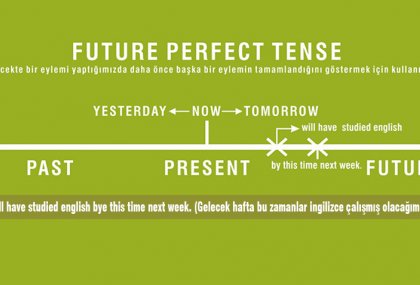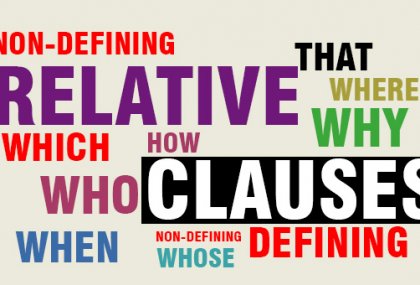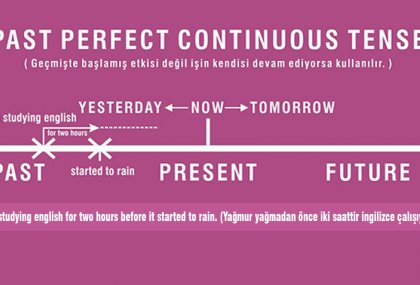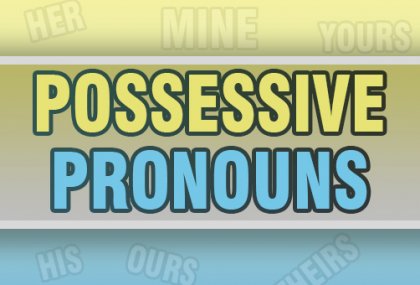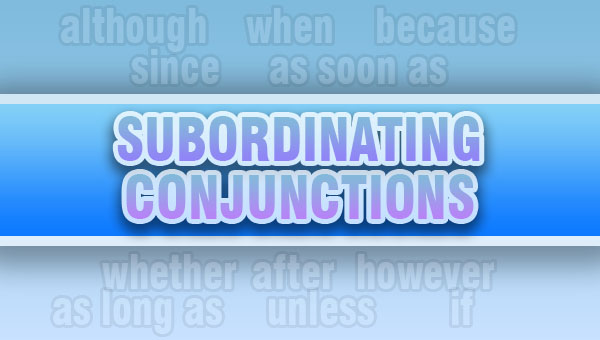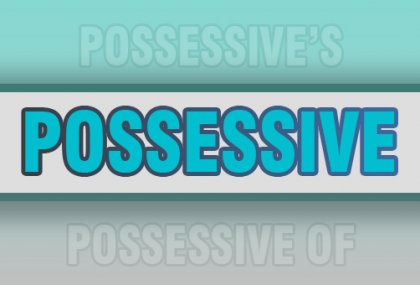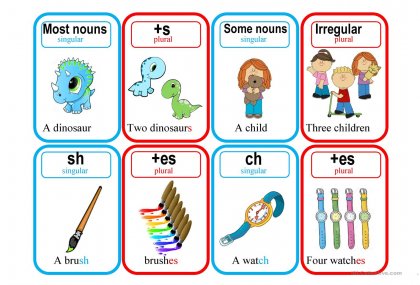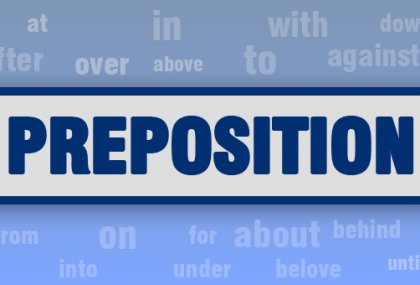Reported Speech (Dolaylı Anlatım)
Bir kişinin söylediği bir şeyi bir başkasına aktarırken kullanırız. Cümlede dolaylı anlatım yani indirect speech söz konusu ise, doğrudan anlatımda yer alan tense yani “zaman kipi” dolaylı anlatımda bir zaman geriye gider.
Örnek
Ayşe: The exam is very difficult. (Sınav çok zor.) - Bu ayşenin ağzından çıkan orjinal cümledir.
Doğrudan Anlatım:
Ayşe said, "The exam is very difficult." (Ayşe."Sınav çok zor." dedi.) - Bu cümlede Ayşenin söylediği sözün değiştirilmeden doğrudan anlatımıdır.
Dolaylı Anlatım:
Sinemi: She said that the exam was very difficult. (Sınavın çok zor olduğunu söyledi.) - Bu da Ayşe'nin söylediği sözü Sinem'in bir başkasına aktarırken kullandığı cümledir. Gördüğümüz gibi cümlede tobe (am,is,are) geçmiş zamana tobe(was,were) 'e dönüşmüştür. Çünkü cümleyi bir başkasına aktaran kişi geçmiş zamanda söylenmiş bir cümleyi aktardığı için cümleyi geçmiş zamanda çekimlemiştir.
| Direct Speech (Doğrudan Anlatım) |
Indirect Speech (Dolaylı Anlatım) |
| am-is-are | was-were |
| Present simple | Past simple |
| Present cont. | Past continous |
| Past simple | Past perfect |
| Present perfect | Past perfect |
| Past continuous | Past perf.contin. |
| will | would |
| can | could |
| must | had to |
| may | might |
| should | should |
Örnek Cümleler
She said that she always drank coffee. (O her zaman kahve içtiğini söyledi.) - Dolaylı anlatım Simple Past Tense
"I am reading a book", he explained. ("Kitap okuyorum" diye açıkladı.) - Doğrudan Anlatım Present Continuous Tense
He explained that he was reading a book. (O kitap okuduğunu açıkladı.) - Dolaylı Anlatım Past Continuous Tense
He said that Bill had arrived on Saturday. (Bill'in cumartesi günü ulaştığını söyledi.) - Dolaylı Anlatım Past Perfect Tense
He told me that he had been to Spain. (O bana ispanyada bulunduğunu söyledi.) - Dolaylı Anlatım Past Perfect Tense
He explained that he had just turned out the light. (Işığı yeni kapattığını açıkladı.) - Dolaylı Anlatım Past Perfect Tense
They complained that they had been waiting for hours. (Saatlerdir beklediklerinden şikayet ettiler.) - Dolaylı Anlatım Past Perfect Continuous Tense
They told me that they had been living in Paris. (Onlar bana pariste yaşadıklarını söyledi.) - Dolaylı Anlatım Past Perfect Continuous Tense
He said that he would be in Geneva on Monday. (O pazartesi günü Cenevre'de olacağını söyledi.) - Dolaylı Anlatım Present conditional
She said, "I'll be using the car next Friday". (O "Gelecek cuma arabayı kullanıyor olacağım" dedi.) - Doğrudan Anlatım Future Continuous Tense
She said that she would be using the car next Friday. (O gelecek cuma arabayı kullanıyor olacağını söyledi.) Dolaylı Anlatım Conditional continuous
Time Expressions (Zaman İfadeleri) Kullanımı
Dolaylı anlatımlarda zaman ifade eden time expressions yani zaman ifadeleri ve kalıpları, aynı tenslerde olduğu gibi anlam bütünlüğünü koruyabilmek amacıyla değişmelidir. Aksi halde cümlenin asıl sahibinin bahsettiği zaman dilimi değil, anlatıcının kastettiği zaman dilimi anlaşılabilir.
| Direct Speech (Doğrudan Anlatım) |
Reported Speech (Dolaylı Anlatım) |
| Now | Then,at that time |
| Today - Tonight | That day- That night |
| Tomorrow | The next day/ The following day |
| Yesterday | The day before/ The previous day |
| This (evening) | That (evening) |
| These days | Those days |
| Last (month) | The (month) before / The previous (month) |
| Next (weekend) | The (weekend) after / The following (weekend) |
Örnek Cümleler
I said, ‘I’ll meet you here tomorrow.’ ("Yarın burada buluşuruz" dedim.)
I told her I would meet her there the next/following day. (Ertesi gün onunla orada buluşacağımı söyledim.)
She said, ‘I do not wish to discuss it at this moment in time.’ ("Şu anda bunu tartışmak istemiyorum" dedi.)
She said she did not wish to discuss it at that moment in time. (O anda bunu tartışmak istemediğini söyledi.)
He said, “I want it now.” ("Şimdi istiyorum" dedi.)
He said he wanted it then/at that moment. (O zaman istediğini söyledi.)
‘I finished the job three weeks ago,’ the boy protested. (Çocuk, "İşi üç hafta önce bitirdim" diye itiraz etti.)
The boy protested that he had finished the job three weeks before. (Çocuk, işi üç hafta önce bitirdiğini protesto etti.)
Place Expressions (Yer İfadeleri) Kullanımı
Bir cümle ya da bilgiyi aktarırken eğer aynı mekan ya da yerdeysek, yerleri değiştirmeye gerek yoktur. Fakat aktardığımız zamanki yer, aktarmak istediğimiz yer ile aynı değilse, o zaman bu yer kelimelerini değiştirmemiz gerekir.
| Direct Speech (Doğrudan Anlatım) |
Reported Speech (Dolaylı Anlatım) |
| here | there, in the school |
| this | that |
| this pen | the pen, that pen, Julia’s pen |
| in this room | in the room, in that room, in the bathroom |
Örnek Cümleler
He said: “It is sunny in here.” (O; “Hava burada güneşli” dedi.)
He said that it was sunny in there. (O, orada havanın güneşli olduğunu söyledi.)
He said: “How much is this pen?” (O; “Bu kalem ne kadar?” dedi.)
He asked how much the pen was. (O, kalemin ne kadar olduğunu sordu.)
Dolaylı konuşma: tipik hatalar
Wh-sorularının dolaylı yapılarında soru kelime sırası, soru kelime sırası ile değil, kelime sırası (Özne + fiil) şeklinde kurulur. Cevap almak maksadıyla soru kelimesini kullanmadığımız için düz cümle kuruyoruz.
She always asks me where I am going. (Bana her zaman nereye gittiğimi sorar.) - DOĞRU
She always asks me where am I going. - YANLIŞ
I asked him what he was doing. (Ona ne yaptığını sordum.) - DOĞRU
I asked him what he was doing? - YANLIŞ - Ancak soru yapılarında soru işareti kullanabiliriz.
Dolaylı Anlatımda Soru Kalıpları
Örnek Cümleler
He asked me ‘Do you play guitar?’ (O bana "Gitar çalıyor musun?" dedi.)
He asked to me if/ whether I played guitar. (O bana gitar çalıp çalmadığımı sordu?)

